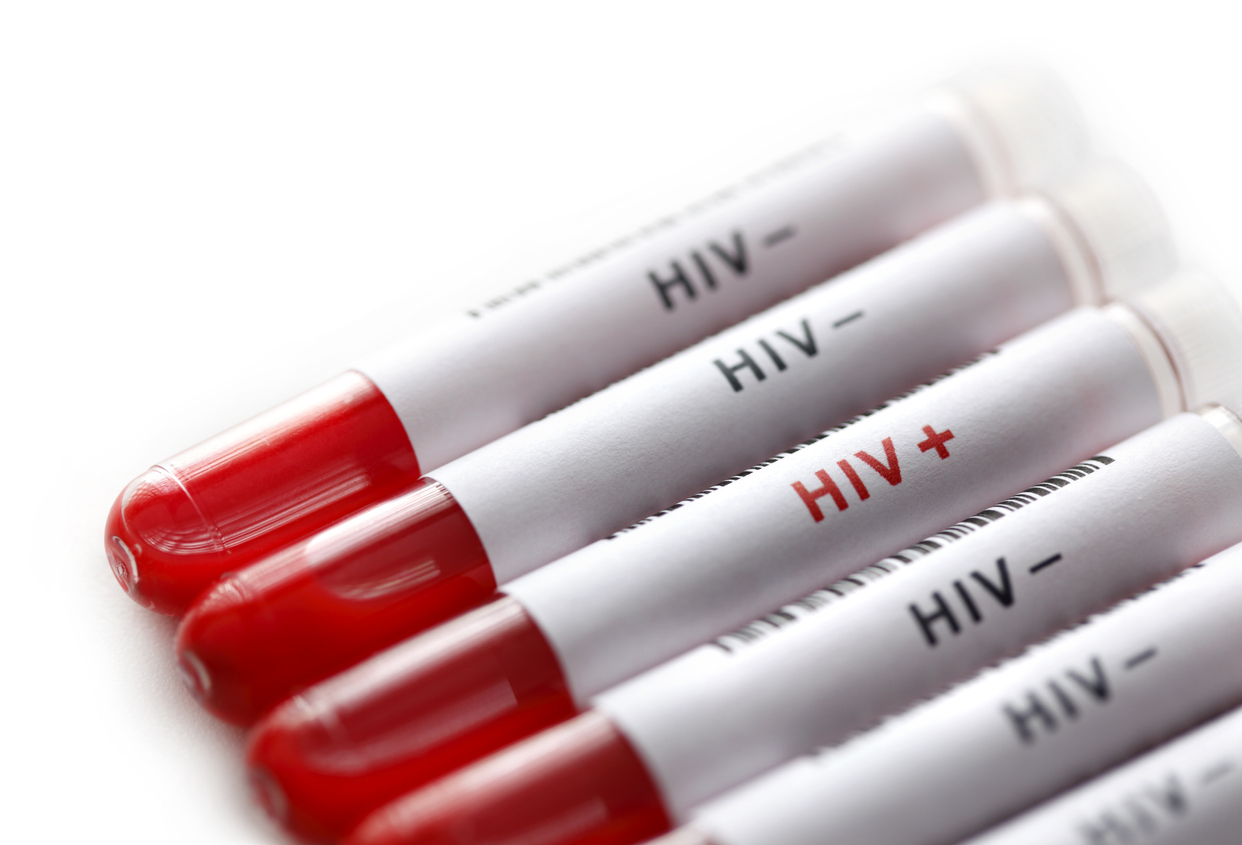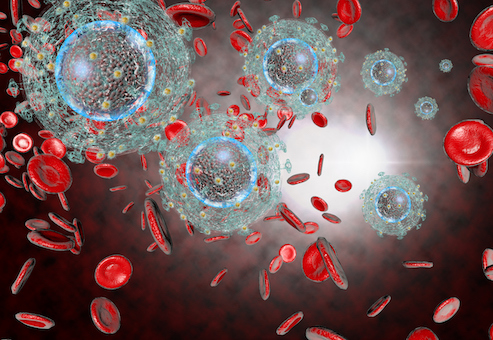HIV or the Human Immunodeficiency Virus functions by attacking and weakening the body’s immune system.
What HIV does is that it makes it difficult for your body to fight off infections and cancers that it would normally be able to tackle.
If you contract HIV then you carry the virus for life and have the potential to infect others.

How is HIV transmitted?
HIV is passed through bodily fluids. So blood, semen, women’s vaginal secretions, secretions from the anus and breast milk can all carry HIV. The most common way to become infected is through sex (vaginal, anal or oral) without using a condom.
Another way that HIV can be contracted is from the use of infected blood or blood products. Sharing of needles, syringes or other injecting equipment can result in the HIV infection being passed from one person to another, if the equipment has not been properly sterilised.
It is also possible for women to pass on HIV to their baby during pregnancy, birth or breastfeeding. However preventative treatments are available that will help the baby avoid contracting the virus before, during or after delivery.
What are the symptoms of HIV?
With HIV it is not sufficient to rely on symptoms, a blood test is necessary. Even then the infection will not show up immediately and can take three or four months for a person infected with HIV to have a positive result in a HIV test.
Some early indications which could suggest HIV infection include the experience of flu like symptoms within 2 to 4 weeks of the infection occurring. These flu like symptoms can include fever, chills, rash, night sweats, muscle aches, sore throat, fatigue, mouth ulcer, swollen lymph nodes. When experienced these can last anywhere from a few days to several weeks. Of course these symptoms can also relate to other illnesses too.
While some people who are infected will not show any of these symptoms.

What is the treatment for HIV?
Anyone who contracts HIV will carry the virus for the rest of their life.
Treatment exists that helps to slow down the impact of HIV on a person’s body. This treatment is known as HAART (Highly Active Anti Retroviral Therapy). This is an effective treatment but it requires a very strict medication schedule.
Those receiving treatment for HIV will usually attend a specialist HIV clinic every three months or so. There they will get their testing done and have their HIV treatment monitored. Advice on the practical nature of living with HIV is also provided.
Cost of consultation about HIV:
At Hazelhill Family Practice, the cost for patients who wish to have a consultation about a possible sexually transmitted infection (STI)/ sexually transmitted disease (STD) such as HIV is as follows:
| Procedure | Private Patients | GMS Patients |
| Sexual health screen, including tests and follow up | €80 | €80 |
How do I make an appointment at Hazelhill Family Practice?
To book your consultation about a possible sexually transmitted infection at Hazelhill Family Practice click here.
You can also call the Hazelhill Family Practice on 094 9630091.
